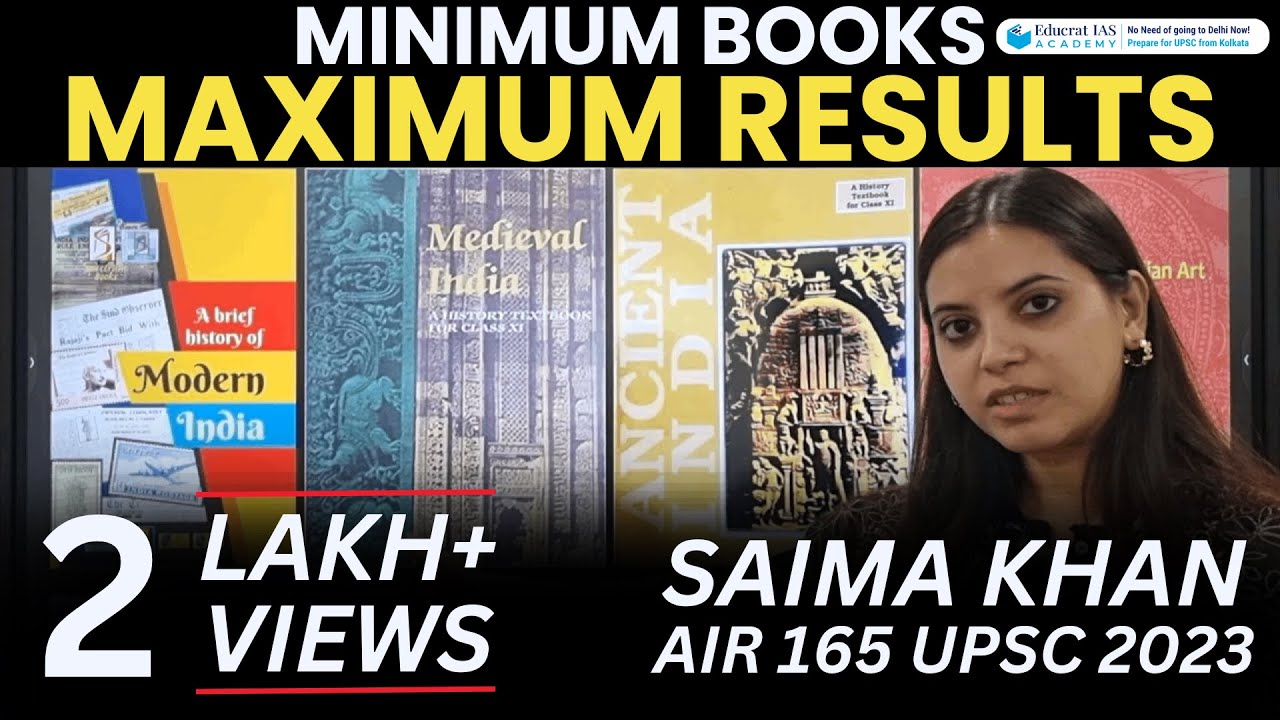I've Read Over 100 Books on Python. Here are the Top 3
Summary
TLDRThe speaker discusses their experience with over 100 Python books and highlights the importance of picking the right resources as a beginner. They compare learning Python to learning a language, emphasizing gradual practice rather than overwhelming study. Three book recommendations are made: 'Python Crash Course' for hands-on learning, 'Python Programming' for foundational computer science knowledge, and options for specific interests like data analysis or algorithms. The speaker also stresses the value of interactive learning, suggesting Brilliant.org as a tool to enhance understanding through engaging courses.
Takeaways
- 📚 The speaker has read over 100 Python books over the years and wants to share their top three recommendations.
- ❌ The speaker emphasizes avoiding books that are too overwhelming for beginners, with too much vocabulary and grammar.
- 🧠 Learning Python is similar to learning a language: start with the basics and build upon them through practice and projects.
- 📖 The first recommended book is 'Python Crash Course,' which splits learning into two parts: foundational knowledge and project-based applications.
- 👾 In 'Python Crash Course,' the second part includes projects like building a game (Space Invaders), data visualizations, and web apps.
- 💻 The second book recommendation is 'Python Programming' by John Zelle, which introduces the basics of computer science and helps with algorithmic thinking.
- 📝 The speaker suggests approaching 'Python Programming' by doing exercises at the end of each chapter and revisiting sections when stuck.
- 💡 For deeper computer science understanding, the speaker recommends 'Classic Computer Science Problems in Python' and 'Algorithms Illuminated.'
- 📊 If the learner's focus is data analysis, 'Learning Scientific Programming with Python' or 'Python Tools for Scientists' are excellent broad options.
- 🐼 For those specifically interested in learning pandas, the best book is 'Effective Pandas,' which offers in-depth instruction on using the pandas library.
Q & A
Why does the speaker compare learning Python to learning English?
-The speaker compares learning Python to learning English to emphasize that just memorizing vocabulary and grammar isn’t sufficient. Instead, one should focus on practical application, practice, and progressively build up knowledge through projects and problem-solving, similar to how one learns to communicate in a new language.
What is the speaker’s first recommended book for learning Python?
-The speaker's first recommended book is *Python Crash Course*, which is praised for its clear structure. It teaches the basics of Python in the first part and provides project-based learning in the second part, allowing beginners to apply what they’ve learned through hands-on coding projects.
Why does the speaker discourage using certain books for Python beginners?
-The speaker discourages using certain books for beginners because they contain too much vocabulary and grammar, which can overwhelm and discourage new learners. Such books are more suited for intermediate or advanced users.
What type of projects are included in the *Python Crash Course*?
-The projects in *Python Crash Course* include building a Space Invaders game, creating data visualizations, working with APIs, and developing a web app using Django. These projects help beginners apply foundational Python concepts to real-world applications.
Why does the speaker recommend *Python Programming* by John Zelle as the second book?
-The speaker recommends *Python Programming* by John Zelle because it provides a thorough introduction to computer science principles, helping learners avoid bad programming habits and strengthening their problem-solving and algorithmic thinking skills.
What approach does the speaker suggest for working through John Zelle’s *Python Programming*?
-The speaker suggests attempting the exercises at the end of each chapter and referring back to the relevant sections of the chapter when stuck. This iterative learning process helps learners build a solid understanding of computer science concepts.
What books does the speaker recommend for those interested in computer science and algorithms?
-The speaker recommends *Classic Computer Science Problems in Python* and *Algorithms Illuminated* for those interested in computer science and algorithms. These books cover search algorithms, technical interview prep, and basic algorithm concepts.
Which books does the speaker recommend for those interested in data analysis with Python?
-For data analysis, the speaker recommends *Learning Scientific Programming with Python* and *Python Tools for Scientists* for broad coverage of scientific and data analysis tools. For learners focused specifically on the pandas library, the speaker suggests *Effective Pandas*.
What advice does the speaker give about borrowing books?
-The speaker advises borrowing books from a library first to get a feel for whether or not they are suitable for the learner’s needs, avoiding the need to purchase multiple books before confirming their usefulness.
What is the main benefit of interactive learning, according to the speaker?
-The speaker highlights that interactive learning can be up to six times more effective than traditional learning methods because it actively engages the learner in problem-solving and skill-building, rather than passively absorbing information.
Outlines

このセクションは有料ユーザー限定です。 アクセスするには、アップグレードをお願いします。
今すぐアップグレードMindmap

このセクションは有料ユーザー限定です。 アクセスするには、アップグレードをお願いします。
今すぐアップグレードKeywords

このセクションは有料ユーザー限定です。 アクセスするには、アップグレードをお願いします。
今すぐアップグレードHighlights

このセクションは有料ユーザー限定です。 アクセスするには、アップグレードをお願いします。
今すぐアップグレードTranscripts

このセクションは有料ユーザー限定です。 アクセスするには、アップグレードをお願いします。
今すぐアップグレード関連動画をさらに表示

Aula 3 - Introdução ao R e Python com foco em machine learning

COMO SER O MELHOR NAS EXATAS E QUAIS LIVROS USAR NA PREPARAÇÃO? (livros que usei pra passar no ITA)

This habit separates self-taught geniuses from everyone else

Best Free resource I used to learn AI/ML | IIT DELHI

MUST READ BOOKLIST & RESOURCES for UPSC by AIR 165 Saima Khan, Topper Strategy | Educrat IAS Kolkata

Python series launch | chai aur python for beginners
5.0 / 5 (0 votes)
